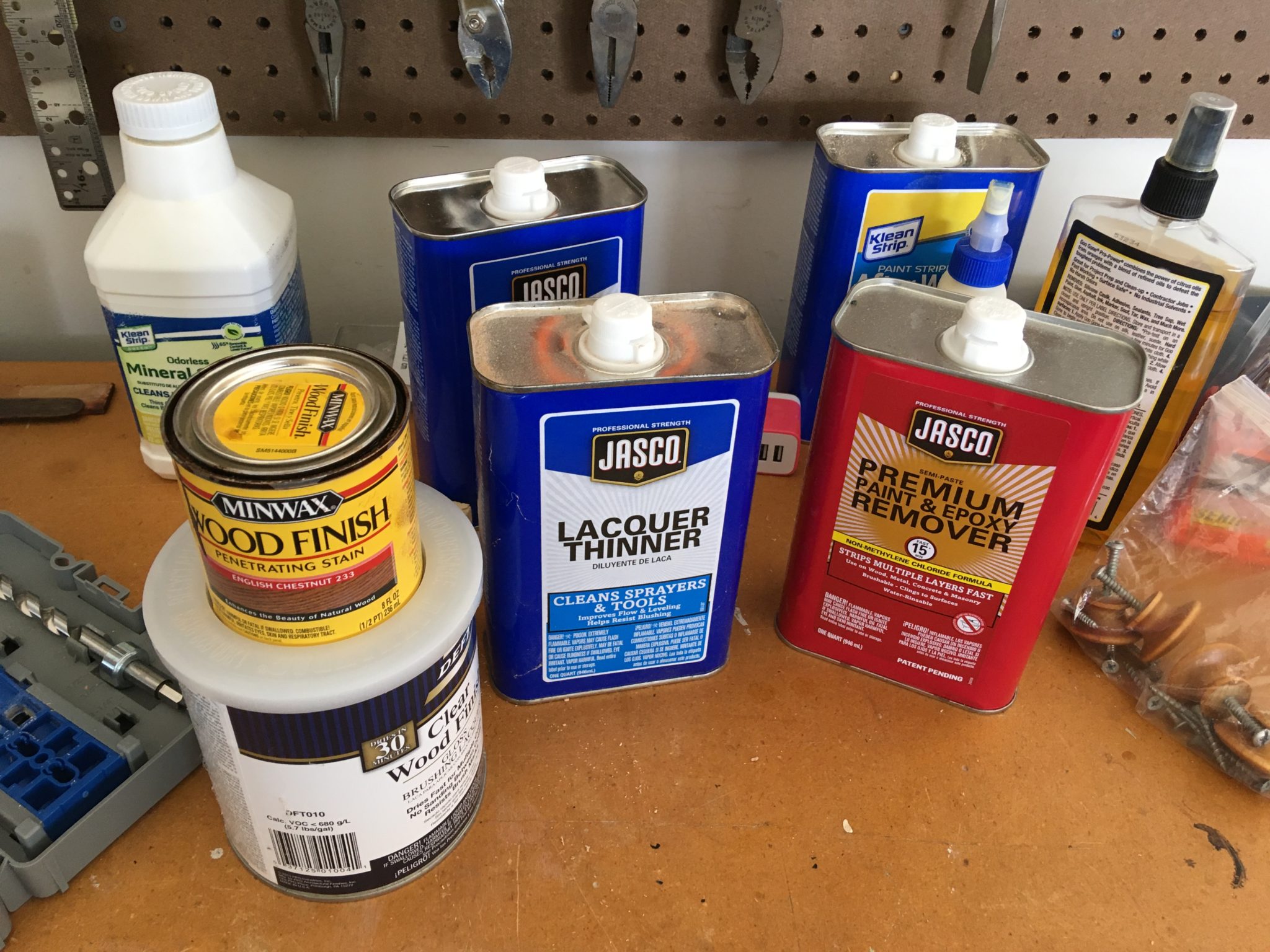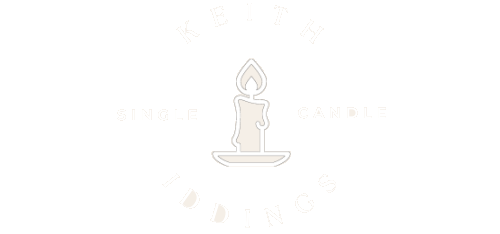Toxic Waste

My workbench in the garage tends to accumulate clutter. As I work on a project, items I use begin to inhabit all available space. Eventually, the workbench is no longer useful for work and I must make the effort to actually put things back where they belong.
Over the past several weeks, I’ve been working on and off on restoring and refinishing a bedside table. As I was engaged with the project this morning, I noticed the bench had become the repository for a number of toxic chemicals. Some of those chemicals will find a place on a shelf for the next time I have need. However, there are a few that are close to their end and I need to dispose of.
Likely you are aware that many chemicals used in woodworking and cleaning cannot be placed directly in the trash. Federal, state and local ordinances regulate disposal. And with good reason. These chemicals can be seriously poisonous if they make their way into the water supply from the landfill or waste water system. Many are also highly flammable and can ignite or explode relatively easily.
When I was working for Lowe’s I had to go through training on the handling and disposal of chemicals. Safety with regard to the many cleaning, painting, and finishing supplies was paramount and was audited both internally and externally. Many products sold and used in the home improvement store were governed by layers of restrictions regarding their application and destruction.
While disposing of leftover thinner or paint by pouring it down the drain or in the brush behind the house might be convenient and easy. Most of us realize this is not a good idea. As good citizens we don’t want to contaminate the soil or groundwater and jeopardize the health of our children or neighbors. I’d venture to say that we also appreciate local laws that keep our neighbors from acting irresponsibly as well.
When we read the Preamble of the US Constitution, most of us nod our heads in agreement. It makes sense to us that government should perform the essential functions of “provide for the common defense, promote the general welfare, and secure the blessings of liberty.” While we may certainly disagree concerning the extent government should regulate behavior in trying to protect our well-being, most appreciate laws and regulations that keep us safe.
I, at least, don’t want even trace amounts of lacquer thinner in my drinking water because my neighbor didn’t want to bother disposing of it properly. I’m glad for a bit of regulation.
So I don’t really understand all the strenuous protests about governors and boards of health requiring the wearing of a face mask during a pandemic. Why shouldn’t our government leaders require face coverings when in public settings if it will make the air we all breathe a bit safer. As those who defend the constitution and its stated purpose for government, it would seem to be their duty to do so.
I’m sure some might say that government has no right to constrain personal liberty (another value it’s pledged to defend). Yet personal liberty is regularly constrained in all sorts of ways when it impacts the life, liberty and pursuit of happiness of others. If your independent decision not to wear a mask restricts my ability to go to the grocery in relative safety, I have every right to look to the government to protect my health. This is particularly true when the cost of such protection is very low.
It’s a small thing for me to take left-over toxic waste from my home improvement projects to an authorized disposal site if it means the protection of my own and my neighbor’s health. I am glad government has taken an active role in keeping me and my neighbors safe by requiring such a small thing from everyone.
It’s an even smaller thing for me to wear a face mask when out in public. And I’m glad government has also stepped in to require my neighbors to extend the same life-giving courtesy to me.

